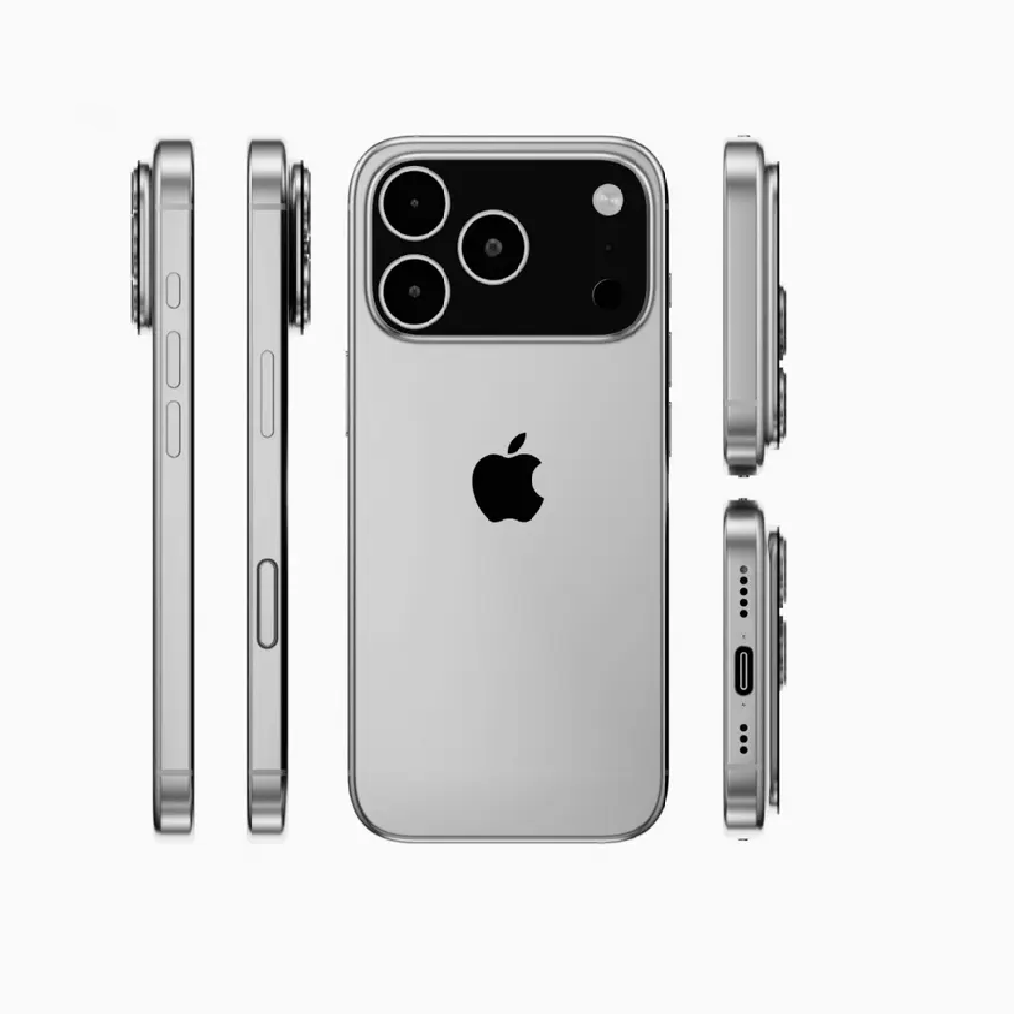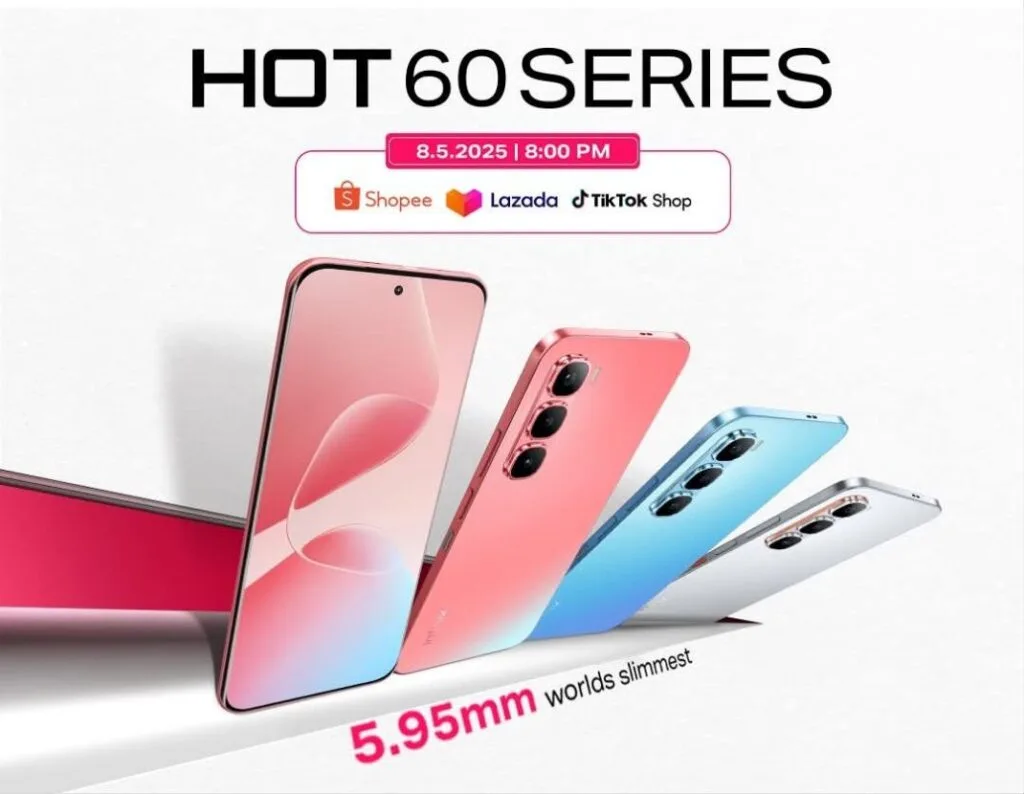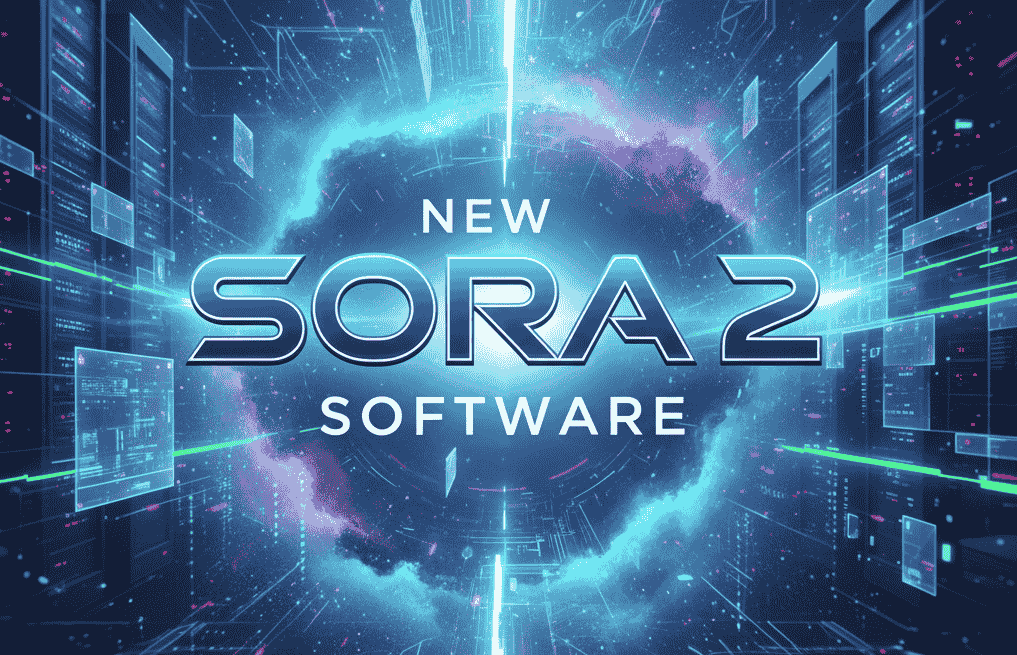Apple iPhone 17 Pro Max, including its technical specs, price in Pakistan, and how to get it
A full review of the Apple iPhone 17 Pro Max
The Apple iPhone 17 Pro Max is now officially one of the most talked-about smartphones of the year. Apple is still the best in the business when it comes to design, performance, and new ideas, as seen by the iPhone 17 Pro Max. The sleek design, better cameras, high-performance A19 Bionic CPU, and cutting-edge AI-powered features of this gadget are likely to drastically transform the way we think about flagship phones. It’s clear what the most important questions are for Pakistani buyers:

What does the iPhone 17 Pro Max cost in Pakistan? What additional features does it have that older models don’t? Is it worth it to move up from the iPhone 16 series of products?
Quick Look at the iPhone 17 Pro Max‘s Most Important Features: Here is a quick list of the things that make the iPhone 17 Pro Max stand out from the rest of the phones on the market:
- Display: 6.9 inches of Super Retina XDR OLED with ProMotion 2.0
- Apple A19 Bionic chip, which also has the Neural Engine, is the processor.
- Camera: A 48-megapixel triple-lens setup with advanced AI computational photography
- Battery Life: You can watch videos for up to 30 hours
- Operating system: iOS 19, which contains unique features powered by artificial intelligence
- Design: The bezels are narrower, the gadget is lighter than the iPhone 16 Pro Max, and it is made of aerospace-grade titanium.
- Wi-Fi 7, better satellite connection, and 6G preparation are all examples of connectivity.
The cost of the Apple iPhone 17 Pro Max in Pakistan
How much does an iPhone 17 Pro Max cost in Pakistan?
- The iPhone 17 Pro Max with 256GB of storage is expected to cost between PKR 510,000 and 540,000.
- The iPhone 17 Pro Max 512GB is expected to cost between PKR 580,000 and 610,000.
- The iPhone 17 Pro Max with 1TB of storage is expected to cost between 650,000 and 690,000 Pakistani Rupees.
Prices are affected by things like import fees, taxes from the Pakistan Telecommunication Authority (PTA), and whether or not the product is available in Pakistan. Always check the PTA approval status before making any purchases.
You may get detailed instructions on how to buy a cell phone on the website Luqoz.com. These instructions also include tips on how to check if the phone has been approved by the Parent Teacher Association (PTA).
The iPhone 17 Pro Max‘s design and build quality : Apple has once again gone above and beyond when it comes to designing smartphones. The iPhone 17 Pro Max is both lighter and stronger because it is made of aerospace-grade titanium. The bezels have been made considerably narrower, so users can now enjoy an experience that is virtually like utilizing a full screen.
Apple has released four new colors for its products:
- Midnight Black
- Silver Frost
- Deep Blue
- Desert Gold.
Weight: This device is lighter than the 16 Pro Max, even though its screen is bigger.
Durability: The ceramic shield glass is IP68 certified for dust and water resistance.
The way this device looks is classy and lovely. It works well for regular use, yet when you hold it, it still looks like a high-quality item.
Display: A Treat for Gamers and Streamers
- The 6.9-inch Super Retina XDR OLED display is one of the most important parts. ProMotion 2.0 makes scrolling smooth and gaming more enjoyable than ever. This is because ProMotion 2.0 can refresh up to 144 times per second.
- HDR10+ and Dolby Vision make videos look like they were shot in a movie theater.
- The 2,800-nit peak brightness is just right for using this gadget outside in Pakistan, where it is sunny.
If you watch Netflix, play PlayerUnknown’s Battlegrounds (PUBG) Mobile, or edit photos on your phone, you should think about the iPhone 17 Pro Max only for its screen.
Performance: iOS 19 with the A19 Bionic Chip
The A19 Bionic chip from Apple is the most powerful smartphone CPU on the market right now. It adds customization choices that are made possible by AI and iOS 19, which makes the iPhone smarter than it has ever been.
The battery life is 20% longer than the iPhone 16, and multitasking is faster.
Siri 3.0 is designed to make conversations sound more natural, along with AI-generated keyboard suggestions. The gaming performance is better than that of mobile consoles. Users in Pakistan who rely on resource-heavy apps like high-end gaming, augmented reality (AR) experiences, or video editing tools would benefit the most from this speed boost.
iPhone 17 Pro Max has one of the most advanced camera systems on a smartphone
- The main camera has a 48MP wide-angle lens and an f/1.6 aperture.
- Ultra-Wide Camera: 48 megapixels and better performance in low light
- Telephoto Lens: It has a 10x optical zoom that makes sure pictures shot from far away are very clear.
AI in photography:
- Automatic scene detection can change settings for landscapes, food, and portraits.
- The enhanced night mode is capable of capturing more precise details in Pakistani cities where there is less light.
- ProRAW and 8K video recording with stabilization that looks like a movie
This camera is a total game-changer for mobile photographers, vloggers, and influencers.
How long does the battery last, and how do you charge it?
Are you worried about your battery running out of power? However, the iPhone 17 Pro Max does not have this feature. It can play videos for up to thirty hours, which is four to six hours longer than the iPhone 16 Pro Max.
- Fast Charging: With 35W charging, you may reach 50% in about 20 minutes.
- Faster charging speeds are possible with wireless MagSafe charging.
You can charge your Apple Watch or AirPods while you are on the move thanks to the new reverse wireless charging feature.
This is a godsend for Pakistani users, who frequently work long hours and have little opportunity to charge their devices.
- Connectivity: How 6G and Wi-Fi 7 Will Future-Proof Your Internet Connection
- The iPhone 17 Pro Max is made to be useful in the future:
- Ready for 6G Even though 5G coverage in Pakistan is still growing, the phone is equipped for the next generation of networks.
- Wi-Fi 7: For online gaming and streaming, this provides connectivity that is lightning fast.
- Satellite Communication 2.0: Emergency communications in locations where there is no mobile coverage
As a result, it is an outstanding investment for the long run.
The iOS 19 version brings with it a number of intriguing new features:
- Live Translate, which provides assistance for the translation of messages and applications from Urdu to English and vice versa
- Artificial Intelligence Smart Assistant—A pa rogram that assists with the management of schedules, payments, and reminders.
- Custom Lock Screens—Personalize themes for either amusement or productivity.
These services provide additional ease for Pakistani users who are juggling work, family, and internet businesses all at the same time.
Do You Think You Should Upgrade Your Phone to the iPhone 17 Pro Max?
The iPhone 17 Pro Max provides a significant improvement in battery life, design, and performance when compared to the iPhone 15 and preceding models. On the other hand, if you are in possession of the iPhone 16 Pro Max, the decision will be based on what you require:
- If you are interested in having the greatest camera, future-proof 6G, and longer battery life, then you should upgrade.
- Skip if: You do not require incremental improvements because you are content with the phone that you now own.
When it comes to making purchasing decisions, Pakistani customers frequently compare the flagship models of Apple and Samsung.
Display: Both of them are great, but Apple‘s ProMotion 2.0 seems to be smoother than the other. When it comes to zoom capabilities, Samsung is the superior option, but when it comes to photography that uses artificial intelligence, iPhone is the clear winner.
Ecosystem: The iPhone has improved integration with the Apple Watch, iPad, and MacBook.
All things considered, the iPhone 17 Pro Max is the more intelligent option if you are already a part of Apple‘s ecosystem.
It is imperative to verify that the Parent Teacher Association has approved the phone, as phones that have not been approved will not function to their full potential.
Regardless of the circumstances, Apple remains the dominant force in the smartphone business. Their gadget is perceived as being both forward-thinking and useful for daily life.
More Related Articles
Samsung Galaxy S25 Ultra Review – Full Specs, Camera, Battery, Features & Price in 2025
Apple iPhone 17 Air (Slim): Everything You Need to Know Before You Buy
Blackberry Mobile: A Legacy of Innovation, Security, and Productivity for Pakistan’s Tech Enthusiasts
Samsung Mobile Range 50000 to 60000 in Pakistan (2025) – Best Samsung Phones, Specs & Prices
Infinix Hot 60 Pro: Full Review, Specs, and Features
Xiaomi Redmi Note 14 vs Redmi Note 14 Pro: A Complete Comparison
Samsung Galaxy S24 Ultra Review 2025: Price, Specs & Camera Performance
Frequently Asked Questions (FAQs) About iPhone 17 Pro Max
1. What is the Apple iPhone 17 Pro Max price in Pakistan?
It is expected between PKR 510,000 – 690,000, depending on storage.
2. Does iPhone 17 Pro Max support 6G in Pakistan?
Yes, it’s 6G-ready, but Pakistan’s networks are still primarily 4G/5G.
3. How is the iPhone 17 Pro Max camera better than iPhone 16 Pro Max?
It offers 48MP AI-powered triple lenses, better night photography, and 10x optical zoom.
4. Is the iPhone 17 Pro Max battery better?
Yes, with 30 hours video playback and 20% more efficiency.
5. Should I buy from the U.S. or Pakistan?
If importing, you’ll need to pay PTA tax. Buying locally ensures PTA approval.
6. What colors are available in Pakistan?
Midnight Black, Silver Frost, Deep Blue, and Desert Gold.




